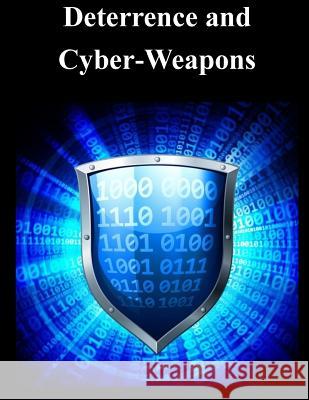Deterrence and Cyber-Weapons » książka
Deterrence and Cyber-Weapons
ISBN-13: 9781500578992 / Angielski / Miękka / 2014 / 76 str.
Rapid technological advancements and societal inclusion of these technologies have expanded civil and defense capabilities but have also created significant vulnerabilities. Cyber-weapons have the potential to affect interaction between states by exploiting this vulnerability. To better understand the mechanics of how cyber-weapons affect state relations this research applies a common framework to explore the attributes of traditional weapons-conventional, nuclear, and RMA-and how they typically influence this behavior. After proposing selected factors that influence the effectiveness of a cyber-attack, the research examines the cyber-attacks in 2007 on Estonia and 2008 on Georgia in order to refine and provide nuanced analysis on the role of the proposed causal factors. The proposed factors are government involvement, level of attack sophistication, and the degree to which the state is dependent upon digitally connected technology. The research indicates that the role of the state is one of the most significant factors in influencing the effectiveness of a cyber-attack and highlights the role that plausible deniability plays in this relationship. Some initial policy recommendations are made based on the finding that the use of cyber-weapons as a deterrent is still ill-defined and that the focus should be on decreasing state vulnerability to these attacks.
Zawartość książki może nie spełniać oczekiwań – reklamacje nie obejmują treści, która mogła nie być redakcyjnie ani merytorycznie opracowana.











